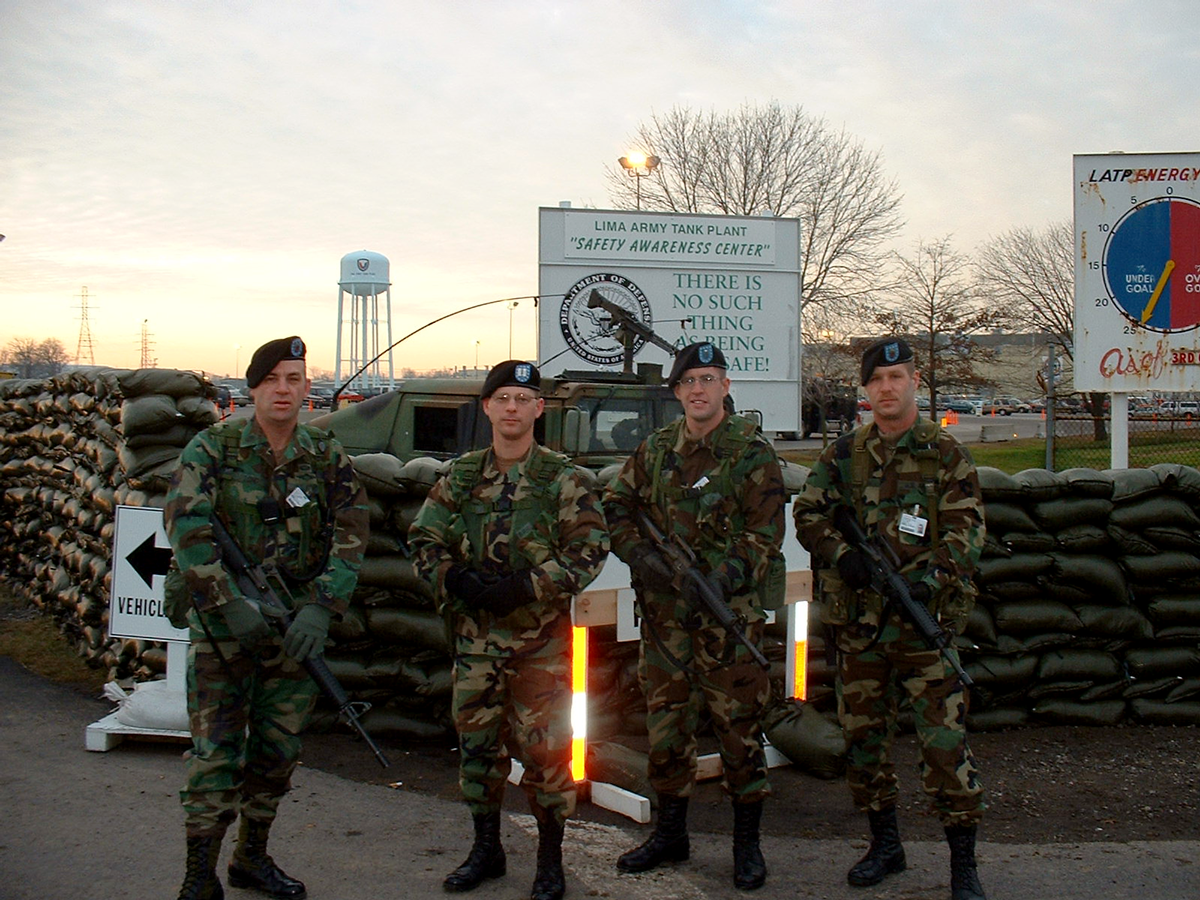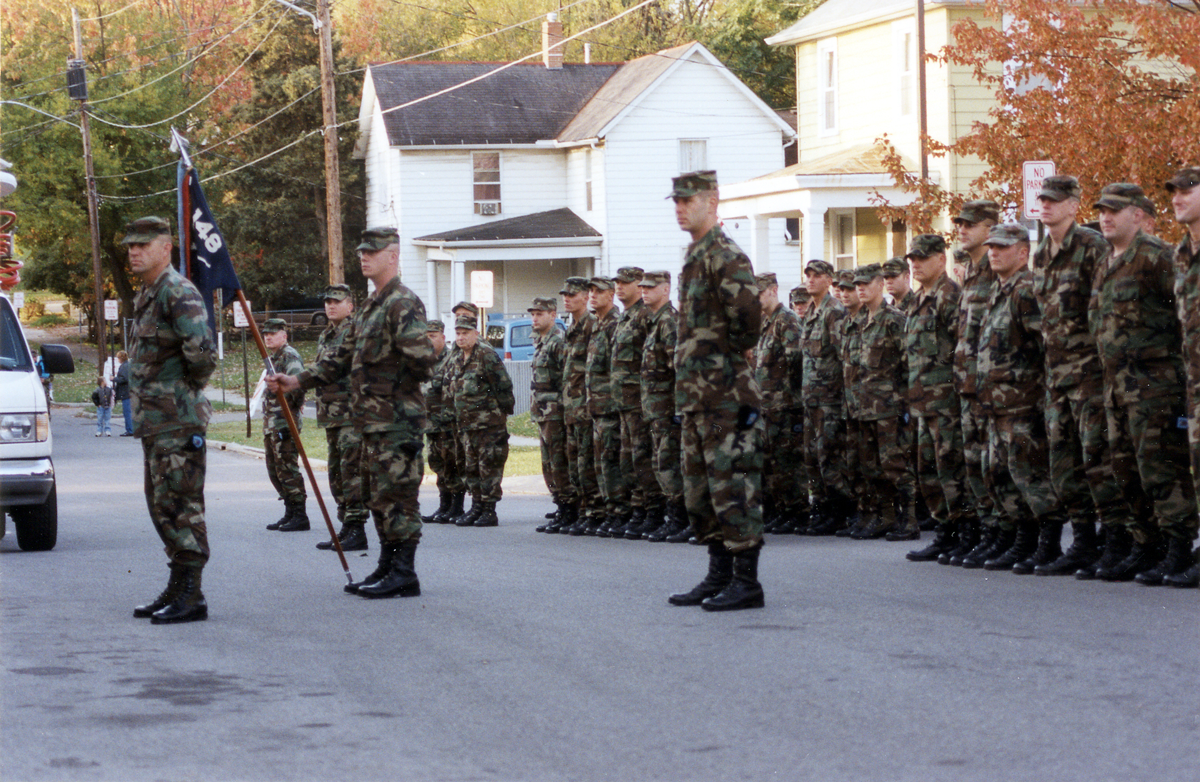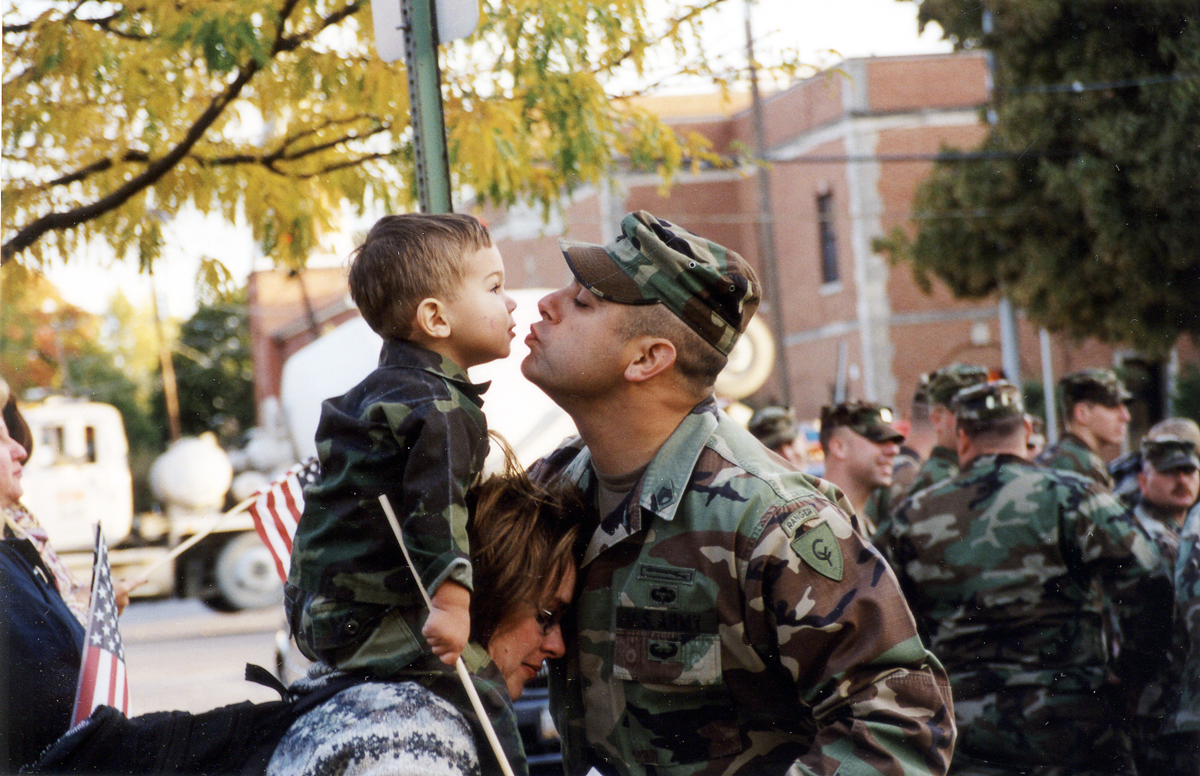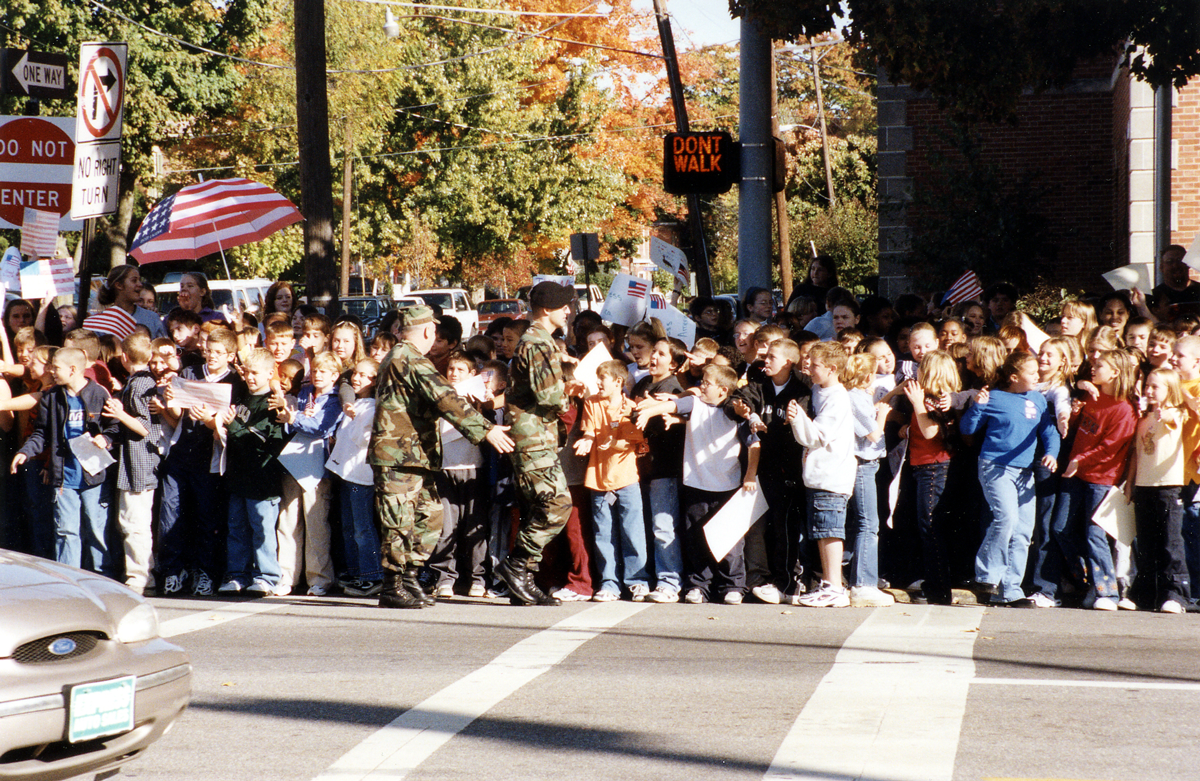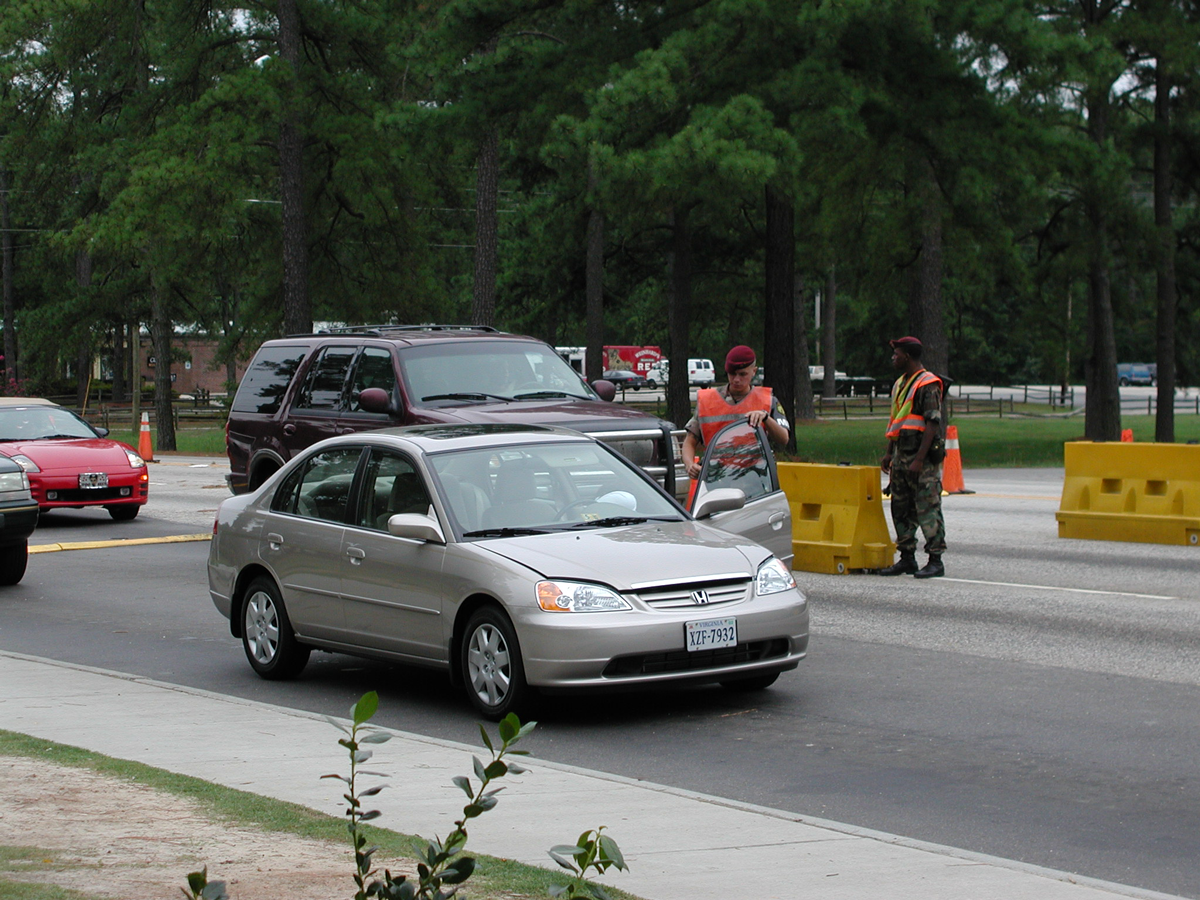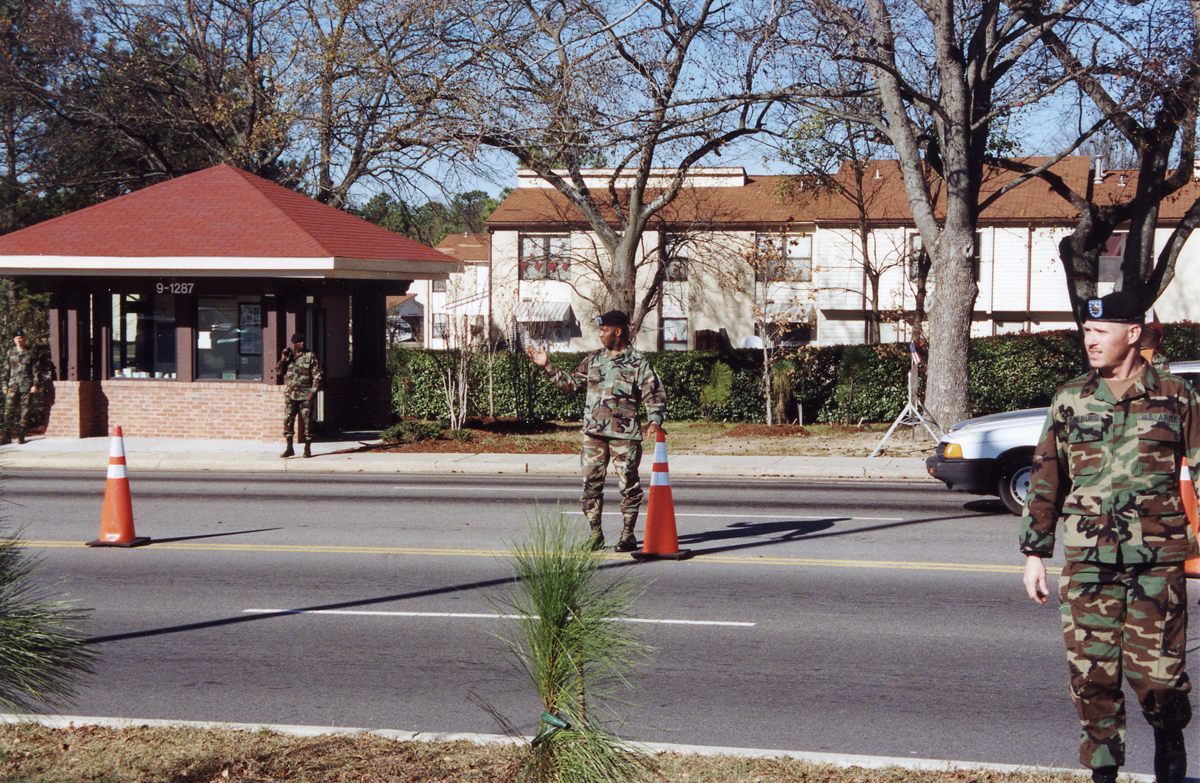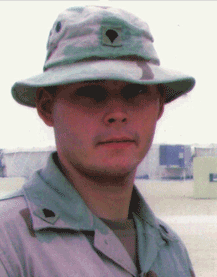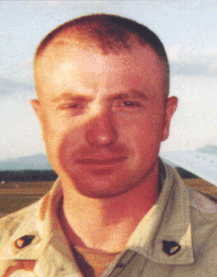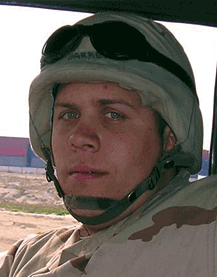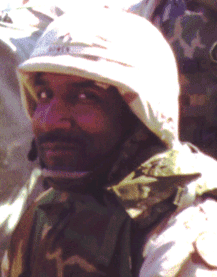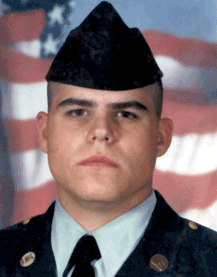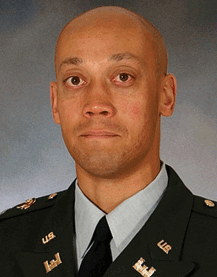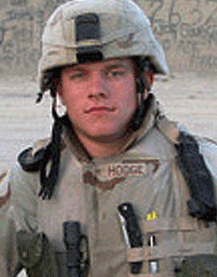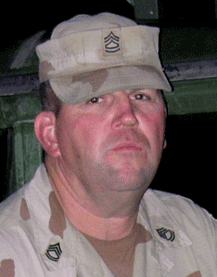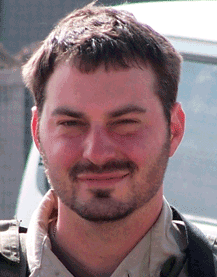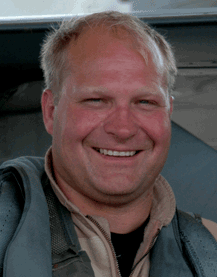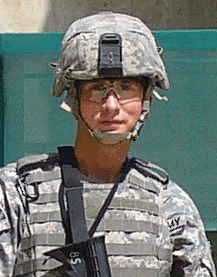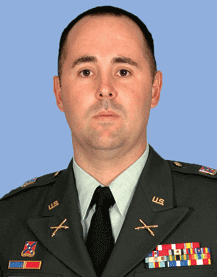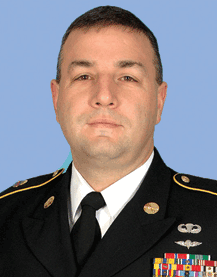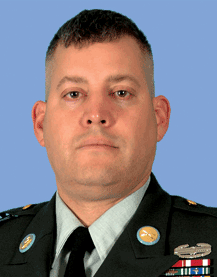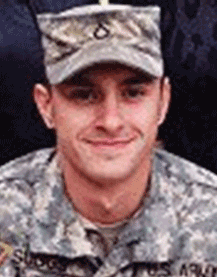20 years later
How 9/11 changed the Ohio National Guard
Story by Stephanie Beougher, Ohio National Guard Public Affairs
COLUMBUS, Ohio (09/09/2021)
Anyone old enough to remember the terrorist attacks on Sept. 11, 2001, is likely to remember vivid details of that day 20 years ago — where they were, what they were doing, and the emotions they were feeling as hijacked airplanes crashed into the World Trade Center towers, the Pentagon and a field in Pennsylvania.
Ohio National Guard members are no exception.
Maj. Gen. John C. Harris Jr., Ohio adjutant general, was a lieutenant colonel and administrative officer for the 37th Brigade on 9/11.
“The emotions went from uncertainty to disbelief,” he said. “It took us a long time to get our heads around the fact that we were literally watching our country be attacked.”
Within hours of the attack, Ohio Air National Guard pilots were among the first in the fight. Two F-16 fighter jets were scrambled from the 180th Fighter Wing near Toledo to intercept any airplanes still in the skies following the terrorist attacks. KC-135s from the 121st Air Refueling Wing in Columbus were sent to refuel the military aircraft.
Within hours of the attack, Ohio Air National Guard pilots were among the first in the fight. Two F-16 fighter jets were scrambled from the 180th Fighter Wing near Toledo to intercept any airplanes still in the skies following the terrorist attacks. KC-135s from the 121st Air Refueling Wing in Columbus were sent to refuel the military aircraft.
Maj. Gen. James R. Camp, assistant adjutant general for Air, was a captain on 9/11 and piloted one of the KC-135 tankers.
“So, we took off. It was a really eerie feeling because I remember the controller basically said ‘Well, you’re cleared east any altitude, any speed. Good luck to you guys. You’re really one of the only airplanes airborne right now east of the Mississippi, other than the other military aircraft,’” Camp recalled. “It was a very beautiful day, clear blue skies. From pretty far out we could actually see the smoke billowing up from the Pentagon.”
Sept. 11 was a defining moment in his career, as Camp decided to quit his full-time job as a civilian pilot and continue serving in the Ohio National Guard.
Answering the call: Defending the Homeland
By late September and into October, hundreds of Ohio National Guard Airmen and Soldiers were called to federal duty to support America’s War on Terrorism.
For the first time since 1952, the 1st Battalion, 148th Infantry Regiment mobilized for federal service. The mission called for defense efforts on American soil, as Soldiers were sent to augment security at military installations and key infrastructure sites.
Master Sgt. Kevin Taylor was one of the 1-148th Soldiers on duty at Fort Knox, Kentucky. “Everybody wanted to do their part, (and) we actually got to go. … We did what we were called to do and we did it well,” Taylor said.
Also called for that mission were members of the 135th Military Police Company, based in Brook Park, and 323rd Military Police Company from Toledo. Col. Jeff Watkins was a captain at the time and commander of the 323rd, and remembers the quick pace of getting the company mobilized and out the door to augment security at Fort Bragg, North Carolina.
“We had always practiced alert roster verification and things of that nature. It was a lot different than the deployments of the day, and we spent five days at the armory getting us out the door,” Watkins said.
Security was increased at Ohio National Guard installations as well. The National Guard augmented commercial airport security, including Soldiers from the 324th Military Police Company, based in Middletown, and 838th Military Police Company, based in Youngstown. That was quickly followed by overseas deployments for Air and Army National Guard units to countries such as Pakistan, Germany and Turkey.
Honoring 9/11 victims; saluting those who died serving their country
The War on Terrorism has come at a cost, as 15 Ohio National Guard members have died while deployed.
“I think it’s important for everyone, Guard, all the civilians who support us, the employers who support us, to always remember those 15 Ohio Guard members (who) were lost,” Harris said. “Not only is it a vivid reminder of the stakes, the cost of what we do and the importance of what we do, but the commitment of our National Guard members.”
One of the tangible ways the Ohio National Guard has remembered the 9/11 attacks is a special memorial at the 180th Fighter Wing near Toledo. The memorial includes a beam from the World Trade Center, limestone from the Pentagon, and soil from the Pennsylvania field where United Flight 93 crashed.
A permanent shift in the role of the National Guard
Since 9/11, the Ohio National Guard has experienced a high operational tempo with state and federal deployments.
“The National Guard went from a strategic reserve where you didn’t get tapped on the shoulder that often, which is part of the reason I was ready to separate from the military. It shifted from a strategic reserve to what it is today, and today it’s an operational necessity,” Camp said.
Harris agrees that 9/11 has changed the Ohio National Guard.
“The mindset has changed significantly, and the tempo is quite frankly something we could not have anticipated 20 years ago,” he said. “The high point 20 years ago was going to an annual training period. Now the annual training period is just a milestone on the way to that next deployment.”
The 20th anniversary of 9/11 is an occasion to honor the victims of those attacks and to express gratitude to all of the Soldiers and Airmen who’ve served since 2001 to defend the homeland.
